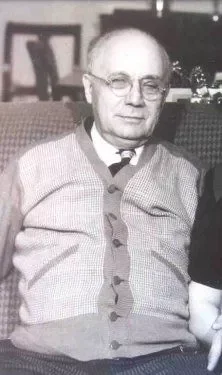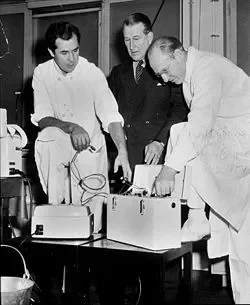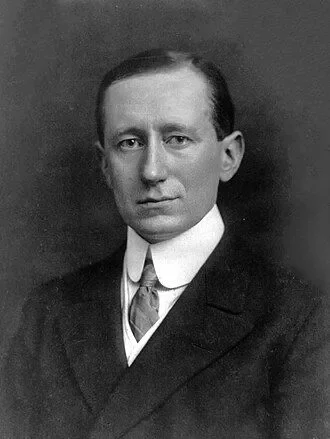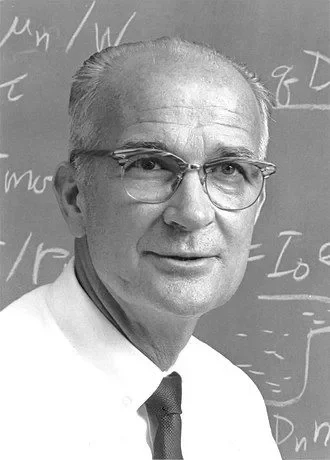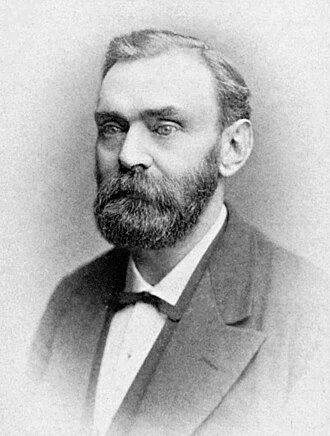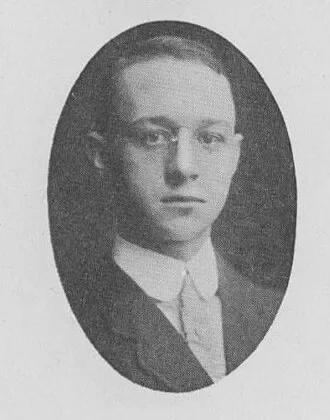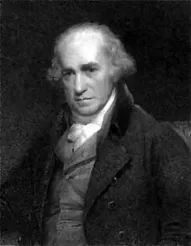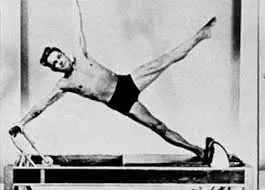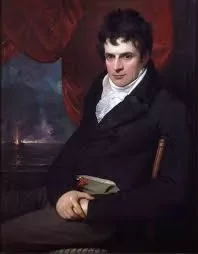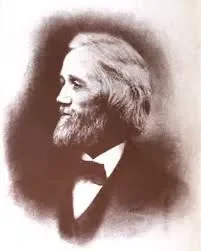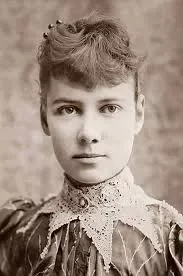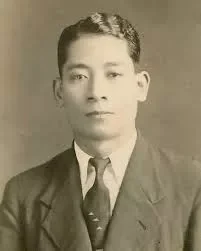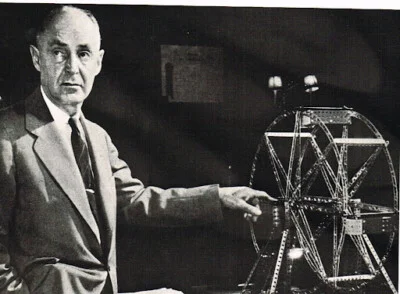Real Celebrities Never Die!
OR
Search For Past Celebrities Whose Birthday You Share
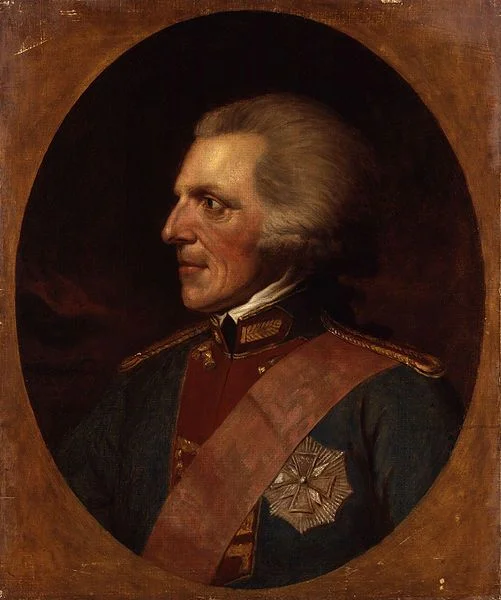
source:wikipedia.org
Colonel Sir Benjamin Thompson, Count Rumford
Birthday:
26 Mar, 1753
Date of Death:
21 Aug, 1814
Cause of death:
Stroke
Nationality:
American, British
Famous As:
Inventor
Age at the time of death:
61
Benjamin Thompson,'s Quote's
Early Life and Education
Benjamin Thompson, born March 26, 1753, in Woburn, Massachusetts, came into the world amidst the upheaval of the American colonies. Raised in a humble household, Benjamin displayed a natural talent for science and mechanics from a young age. Though lacking formal schooling, he passionately sought knowledge. He often trekked miles to attend Professor John Winthrop’s lectures at Harvard.
A Controversial Figure in the American Revolution
At 19, Thompson married wealthy widow Sarah Rolfe. His support for the Loyalists during the American Revolution made him a controversial figure. Thompson, accused of being a British spy, escaped to England in 1776, abandoning his wife and baby daughter.
Military Career and Scientific Pursuits
In London, Thompson’s talents were quickly recognized. He served as Colonial Secretary and later returned to America as a British army officer. Inspired by his military background, he investigated the science of weaponry, conducting experiments on gunpowder and heat properties.
Rise to Prominence in Europe
After the war, Thompson moved to Bavaria, where his career flourished. He reformed the Bavarian army, built workhouses to help the impoverished, and developed public green spaces. In 1791, he was granted the title “Count Rumford” of the Holy Roman Empire, a title he chose after his birthplace in New Hampshire.
Scientific Innovations and Philanthropy
Rumford did prolific and practical scientific work. He greatly advanced the study of heat by challenging the popular “caloric” theory. His friction-heat experiments were foundational to the law of conservation of energy.
Practical inventions were a hallmark of Rumford’s career. His inventions included more efficient fireplaces, novel cooking methods, and even thermal underwear. He developed the Rumford Soup, a nutritious food for the poor, as an example of his commitment to applying science to better society.
Founding the Royal Institution
The Royal Institution of Great Britain, a thriving organization focused on scientific education and research, was co-founded by Rumford in 1799. England’s scientific development was significantly aided by this institution.
Personal Life and Later Years
Rumford’s personal life was as complex as his career. He married Antoine Lavoisier’s widow, Marie-Anne, in 1804, after his first wife died, but their marriage ended three years later. Rumford’s relationships were a blend of the personal and the strategic, reflecting his charm and ambition.
Legacy and Death
Benjamin Thompson, Count Rumford, passed away on August 21, 1814, in Auteuil, France, at the age of 61. His lasting impact is felt through his science, charitable work, and the organizations he created. His influence on both science and society is lasting, evident from the Royal Society’s Rumford Medal to the enduring Rumford fireplace.
Rumford’s life story is a testament to the power of curiosity and innovation. His dedication to applying science to improve daily life left a lasting mark on the world, despite his controversial political beliefs.
Name:
Benjamin Thompson,
Popular Name:
Colonel Sir Benjamin Thompson, Count Rumford
Gender:
Male
Cause of Death:
Stroke
Spouse:
Place of Birth:
Woburn, Province of Massachusetts Bay, British America
Place of Death:
Auteuil, Paris, France
Occupation / Profession:
Personality Type
Debater: Smart and curious thinkers who cannot resist an intellectual challenge. He was innovative, resourceful, and curious, with a talent for problem-solving and developing new ideas.
Co-founded the Royal Institution in 1799, a leading scientific organization.
Despite being born in America, he served the British during the American Revolutionary War.
He became a Count of the Holy Roman Empire for his scientific contributions.
He designed energy-efficient fireplaces and heating systems, many of which are still in use today.
Rumford’s experiments demonstrated the relationship between work and heat, laying the groundwork for thermodynamics.
Fellow of the Royal Society (FRS)
Founder of the Rumford Medal (awarded by the Royal Society)
Named Count Rumford by the Holy Roman Empire

